by Grace Evans for Slow Food Canada, ‘Certified Good Food Fighter‘
I’ve been seeing fish faces everywhere. You know, the face you make when you suck in your cheeks and your lips puff out like fish lips? It’s part of the “Be Happy” campaign for sustainable fish by nation-wide conservation program Ocean Wise. But besides the fish faces, I’ve been seeing sustainable fish cooking classes and articles everywhere. Slow Food has a Slow Fish campaign too, and there are a few events popping up in Canada dedicated to promoting sustainable fish and exploring the diverse options our country has to offer.
March 3rd marked the launch of Slow Fish Toronto with an event called “Fishing After Dark” at Hooked, a knowledgeable fish store in Toronto’s Leslieville. “Going fishing, the slow way, to rediscover traditional recipes and methods of cooking and preserving seafood, is just one of the exciting things we plan to do with Slow Fish Toronto in the years to come,” says Slow Food Toronto Co-Leader Voula Halliday.
There were several chefs creating dishes to connect Canadians with sustainably caught fish from our own waters. Agave & Aguacate’s Francisco Alejandri prepared steamed PEI mussels served on the half shell with coriander chimichurri and Luis Suarez chorizo broth. David Friedman (ex-Fishbar) served up Korean style B.C. octopus with pickled vegetables and uni Sashimi, and Dan Dematteis of Cafe Belong put out a crispy silver bass with beet creme fraiche.
For me, the showstopper was Hooked co-owner Kristin Donovan’s pan seared Kolapore Springs Trout with tomatillo salsa on jalapeno cornbread. For days I could not stop thinking about this trout!
Attendees got the chance to eat the beautifully prepared Canadian seafood with local wines and Beau’s beer. There were some small-scale fishers who spoke alongside fishmongers and chefs, Kristin and Dan, about the importance of consumer knowledge in protecting our fishing industry. The event, put on by Hooked and Slow Food Toronto, did a wonderful job of celebrating Canada’s diverse fish from the farm, river, lake and sea.
Slow Fish Toronto is planning a series of events, so be sure to keep your eye out for the next one. At the same time on the West coast of Canada Slow Food Vancouver Island has teamed up with The London Chef to put on their own Slow Fish series of events.
Last month they hosted an event featuring shellfish and bivalves where Chef Dan Hayes introduced attendees to the Olympia oyster – a native to the area, shucked live scallops and cracked open crab legs, among other things. Guest Dr. John Volpe spoke about sustainable choices in seafood and how the farmed shellfish industry is affecting the environment.
Next Thursday Slow Food Vancouver Island is hosting a Small Fish and By Catch, where Chef Dan Hayes will be highlighting lesser-known fish that are often abandoned at sea. Dr. Volpe will be back to discuss Canada’s fishing future and what the best consumer choices are for Northern Pacific West Coast fish.
Slow Food’s Slow Fish campaign is about ensuring that all aspects of eating fish, from the bait to the plate, is sustainable and good for the planet. Slow Food wants to protect the world’s oceans from being depleted, and promote old methods of fishing, neglected species of fish and historical knowledge about fishing and preparing fish to eat.
As a consumer, you can inform yourself. We should not eat large predatory fish, but dine on local, adult and seasonally available fish. Ensure that the fish you eat has been caught or farmed by methods that do not destroy ecosystems or deplete stocks of the species. There are many useful guides, including the previously mentioned Ocean Wise, that you can use to figure out which fish is best for you and for the planet.
Check out Slow Food’s gallery highlighting individuals across the globe who are making a difference to sustainable fishing. Turkish fisherman and vocal opponent to illegal fishing, Ahmet Aslan, and his dispute with the owner of a local trawler that had been fishing in illegal waters has drawn attention to the struggles to support sustainable fishing taking place across the globe.

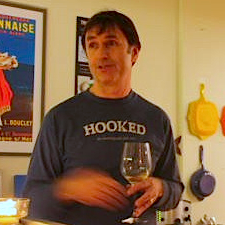
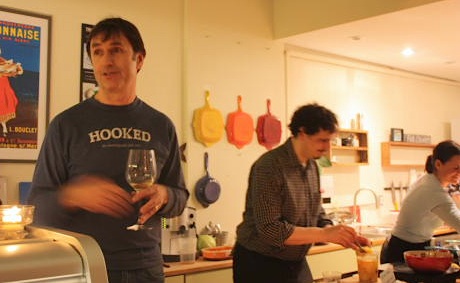

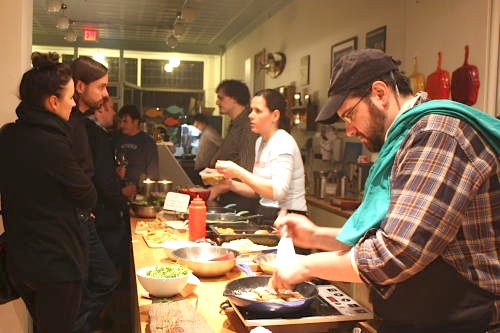

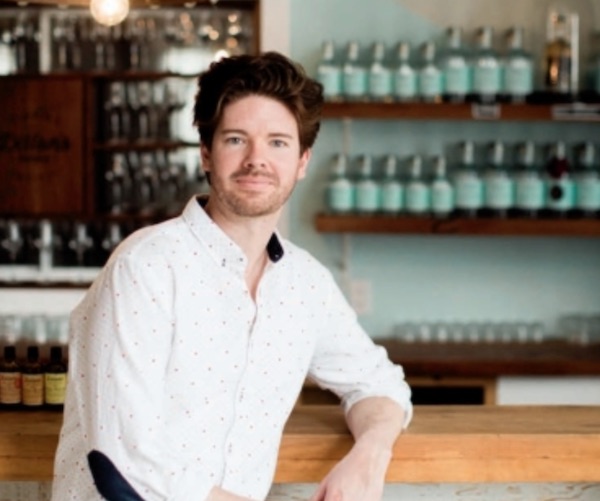
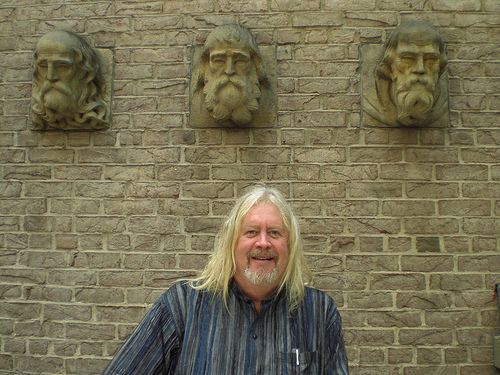
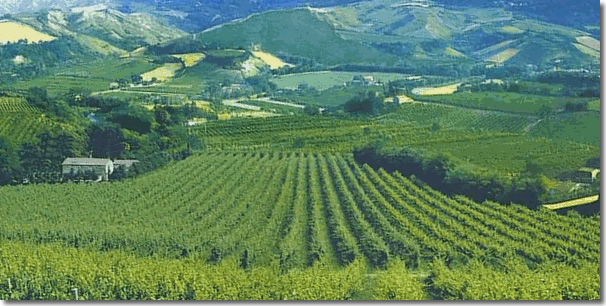
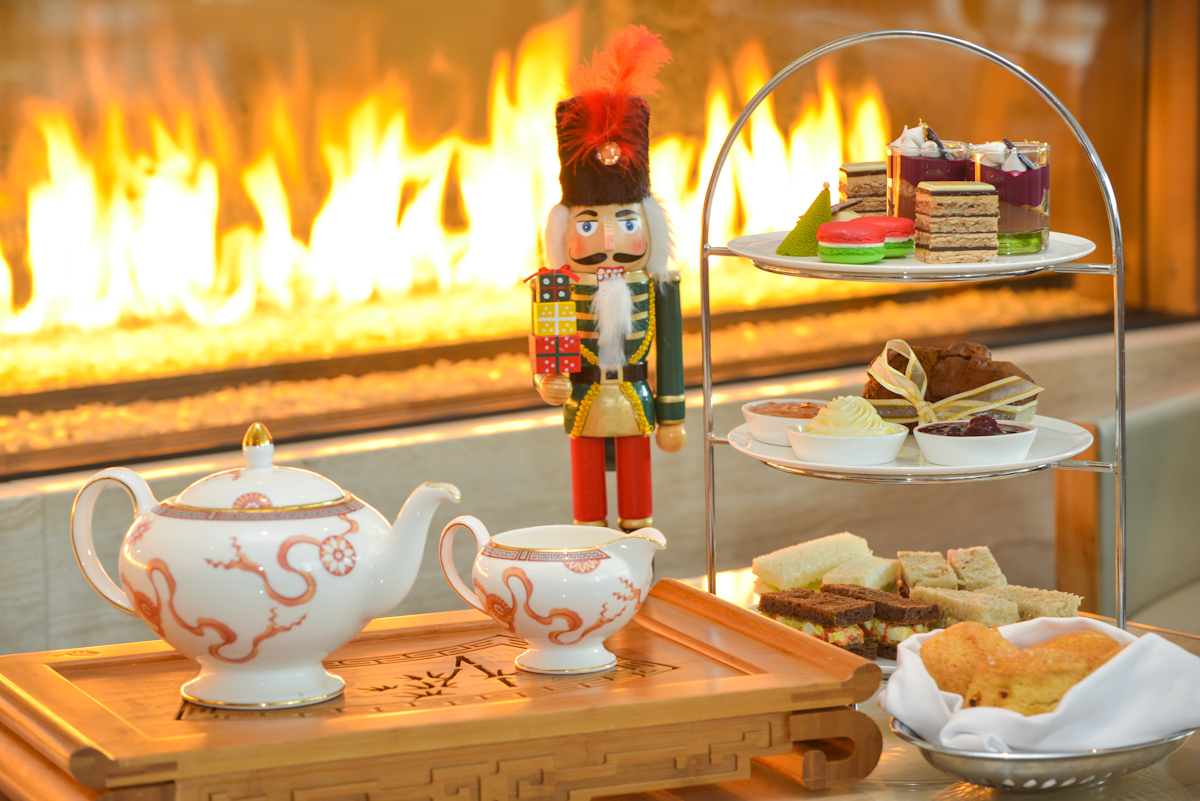

Thanks for bringing attention to this!